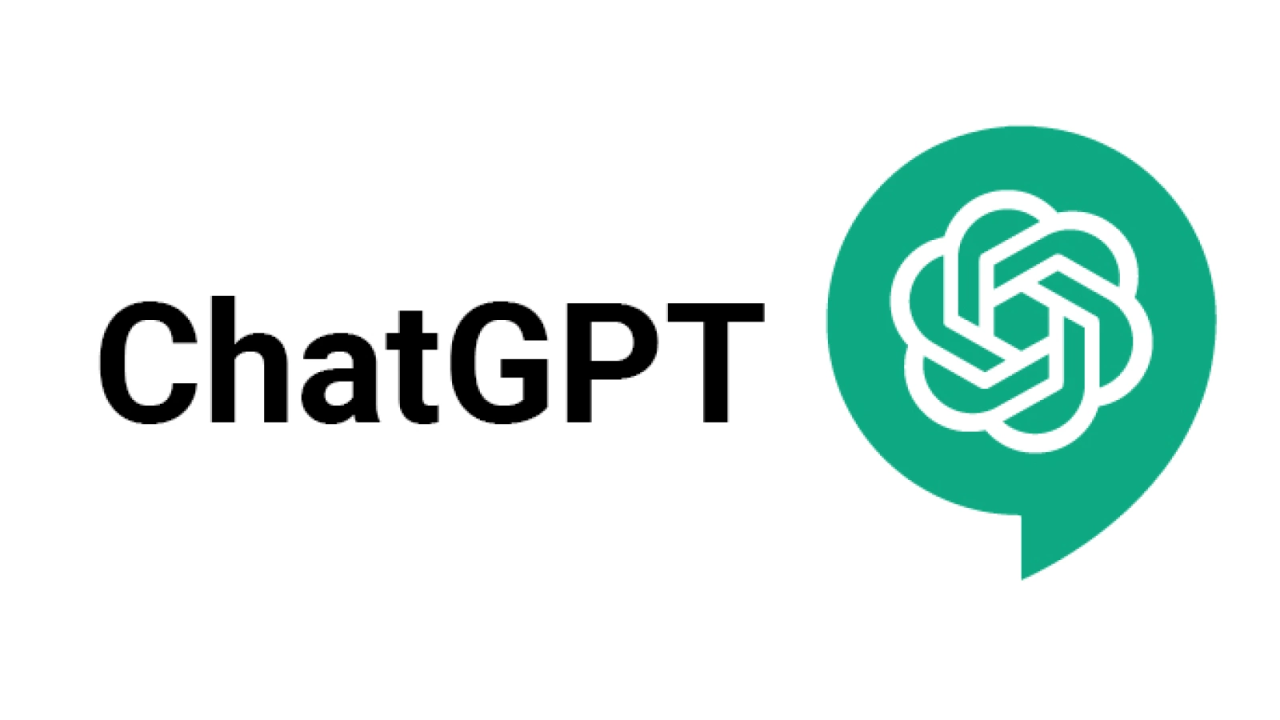A wave of protest has hit Meta’s London headquarters today as authors and publishing professionals gather to voice their outrage over the tech giant’s reported use of pirated books to develop AI tools.
Among the protesters are acclaimed novelists Kate Mosse and Tracy Chevalier and poet Daljit Nagra, who assembled in Granary Square near Meta’s King’s Cross office to deliver a complaint letter from the Society of Authors (SoA).
At the heart of the protest is Meta’s alleged reliance on LibGen, a so-called ‘shadow library’ known for hosting over 7.5 million books, many without the consent of their authors.
A recent searchable database published by The Atlantic revealed that thousands of copyrighted works, including those by renowned authors, may have been used to train Meta’s AI models, provoking public outcry and legal action in the US.
Vanessa Fox O’Loughlin, chair of the SoA, condemned Meta’s reported actions as ‘illegal, shocking, and utterly devastating for writers,’ arguing that such practices devalue authors’ time and creativity.
‘A book can take a year or longer to write. Meta has stolen books so that their AI can reproduce creative content, potentially putting these same authors out of business’ she said.
Meta has denied any wrongdoing, with a spokesperson stating that the company respects intellectual property rights and believes its AI training practices comply with existing laws.
Still, the damage to trust within the creative community appears significant. Author AJ West, who discovered his novels were listed on LibGen, described the experience as a personal violation:
‘I was horrified to see that my novels were on the LibGen database, and I’m disgusted by the government’s silence on the matter,’ he said, adding, ‘To have my beautiful books ripped off like this without my permission and without a penny of compensation then fed to the AI monster feels like I’ve been mugged.’
Legal action is already underway in the US, where a group of high-profile writers, including Ta-Nehisi Coates, Junot Díaz, and Sarah Silverman, have filed a lawsuit against Meta for copyright infringement.
The suit alleges that Meta CEO Mark Zuckerberg and other top executives knew that LibGen hosts pirated content when they greenlit its use for AI development.
The protest is also aimed at UK lawmakers. Authors like Richard Osman and Kazuo Ishiguro have joined the call for British officials to summon Meta executives before parliament.
The Society of Authors has launched a petition on Change.org that has already attracted over 7,000 signatures.
Demonstrators were urged to bring placards and spread their message online using hashtags like #MetaBookThieves and #MakeItFair as they rally against alleged copyright violations and for broader protection of creative work in the age of AI.
The case, one of the lots, describes the increasingly tense relationship between the tech industry, content and data policies in training AI systems, which hardly depend on the written word and the most various literature, facts, and info from the written tradition to be trained (and thus able) to respond to most various user requests and alongside be accurate in their responses.
For more information on these topics, visit diplomacy.edu.









